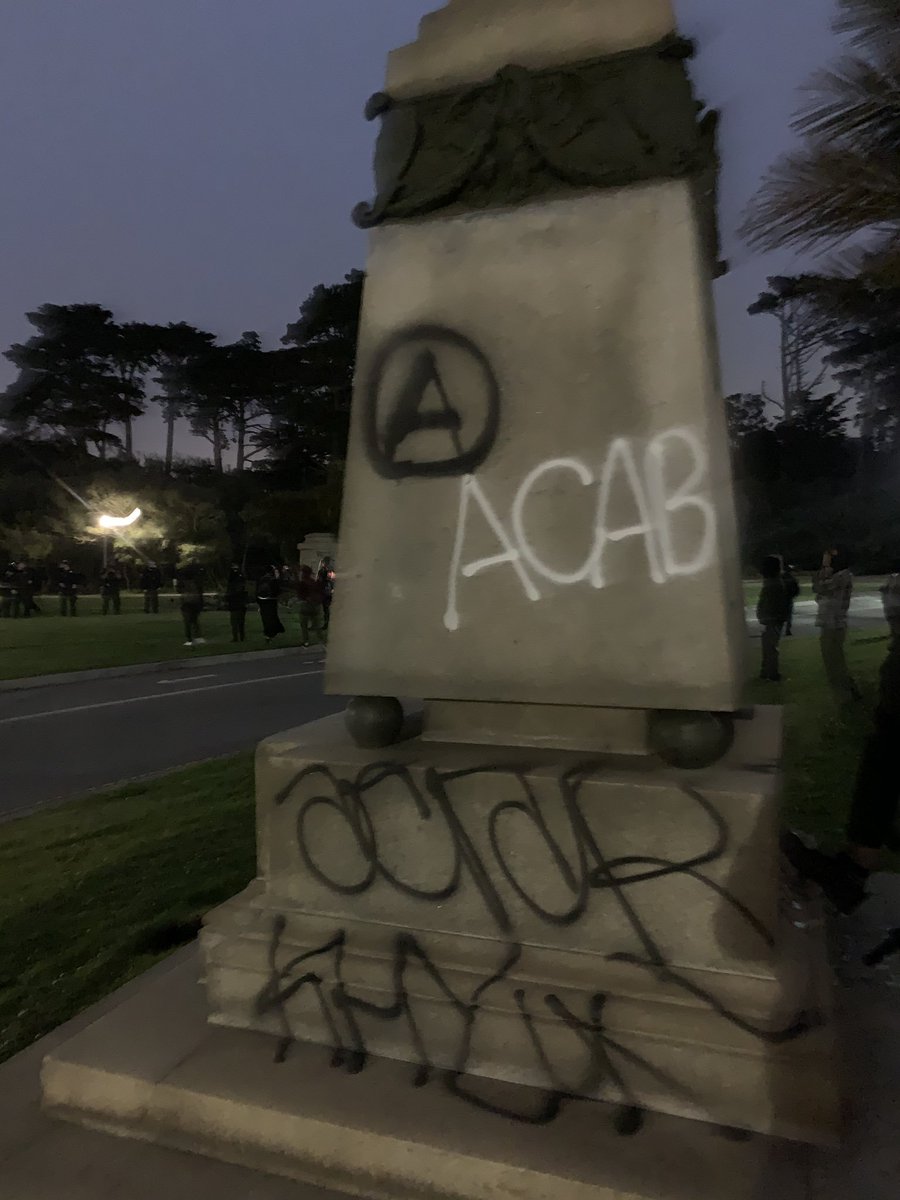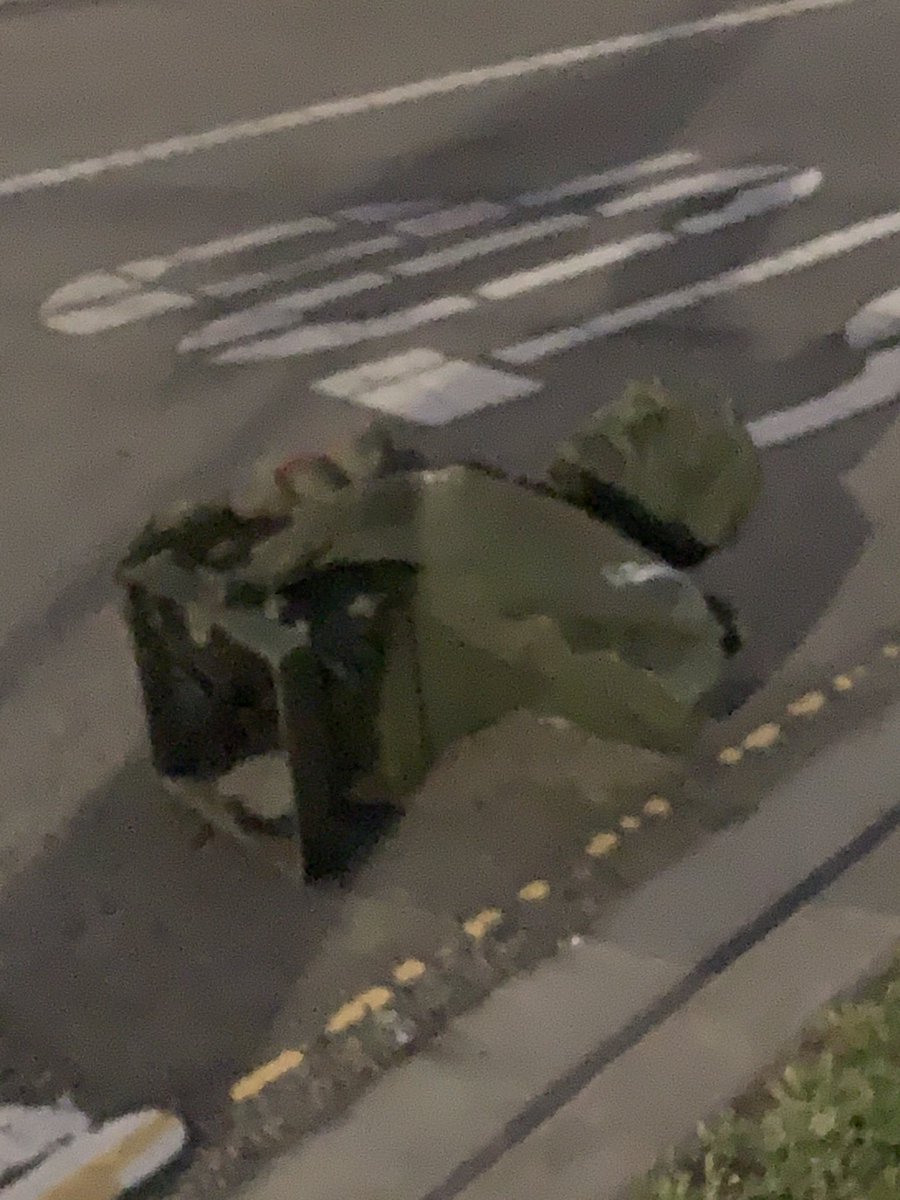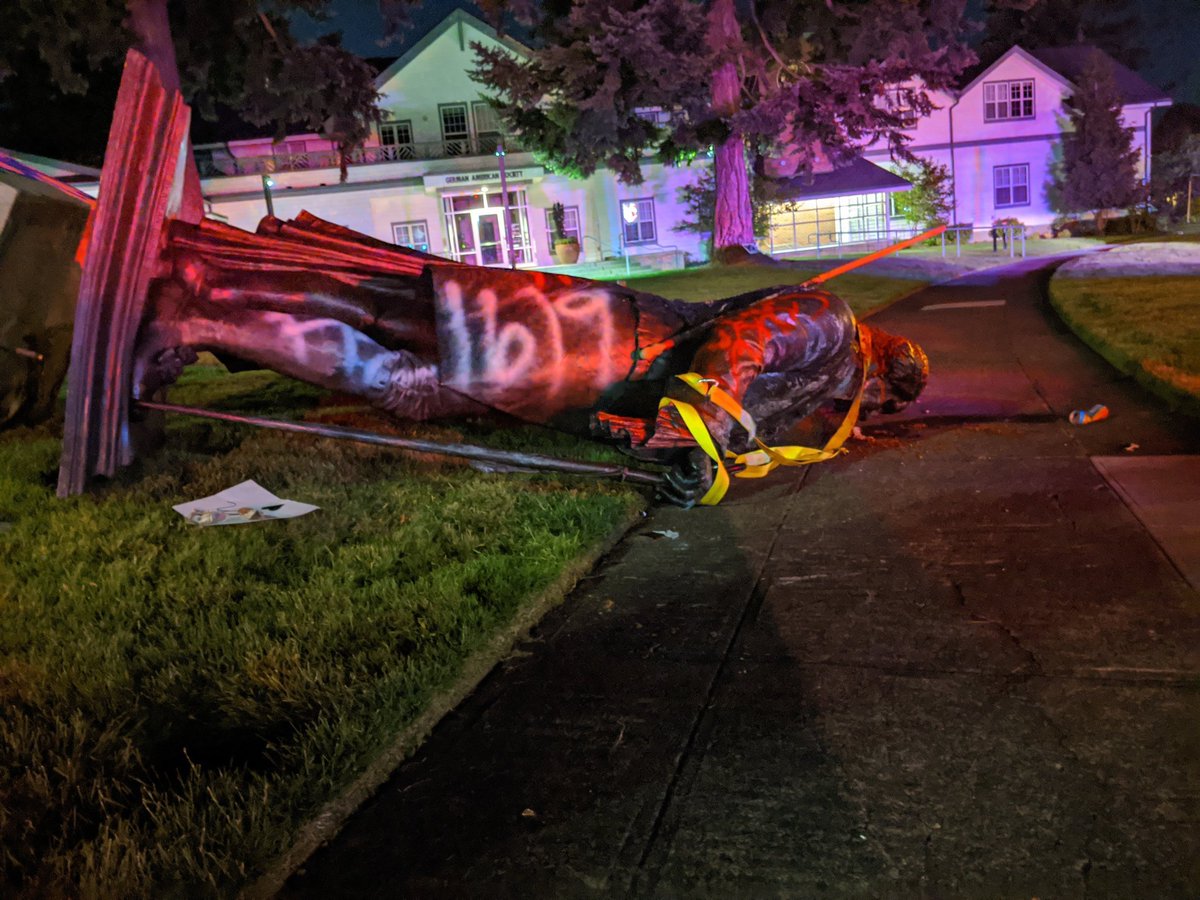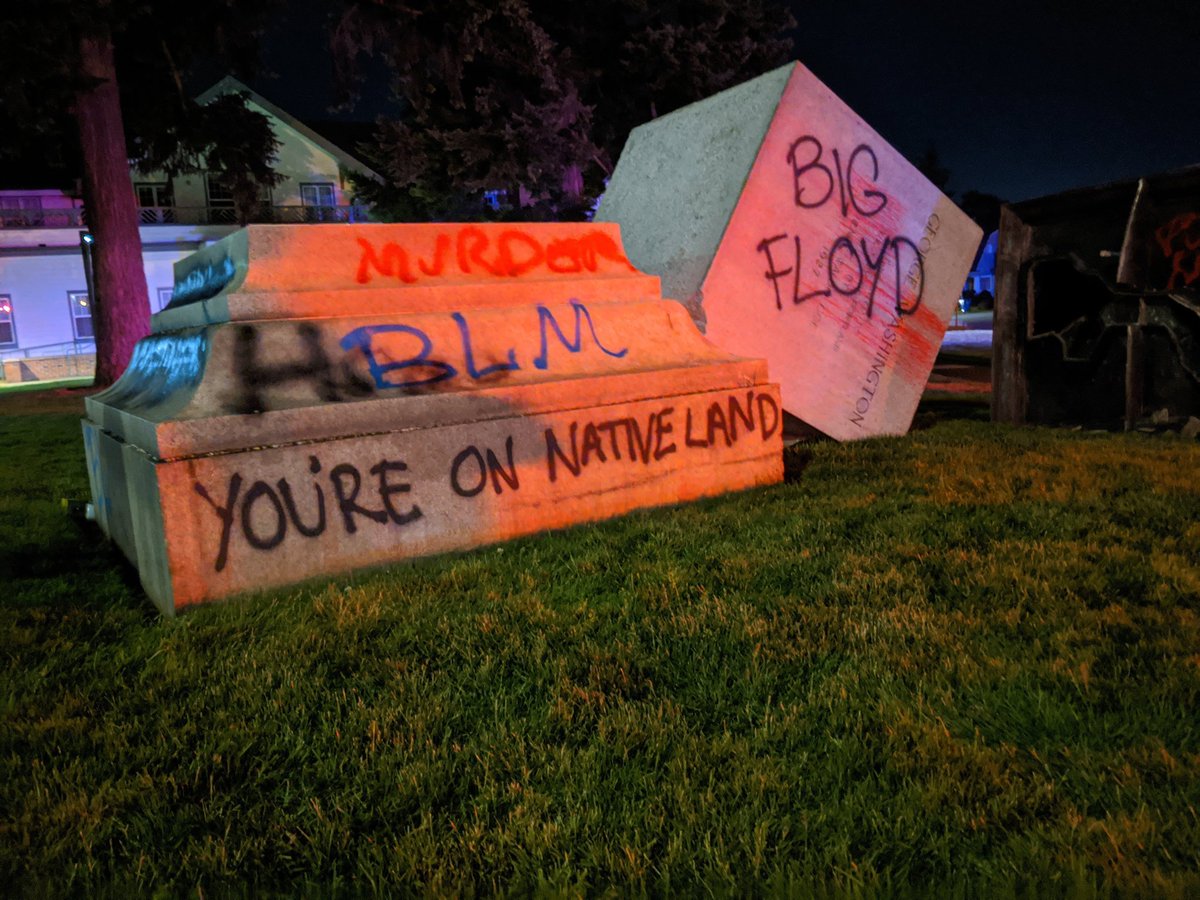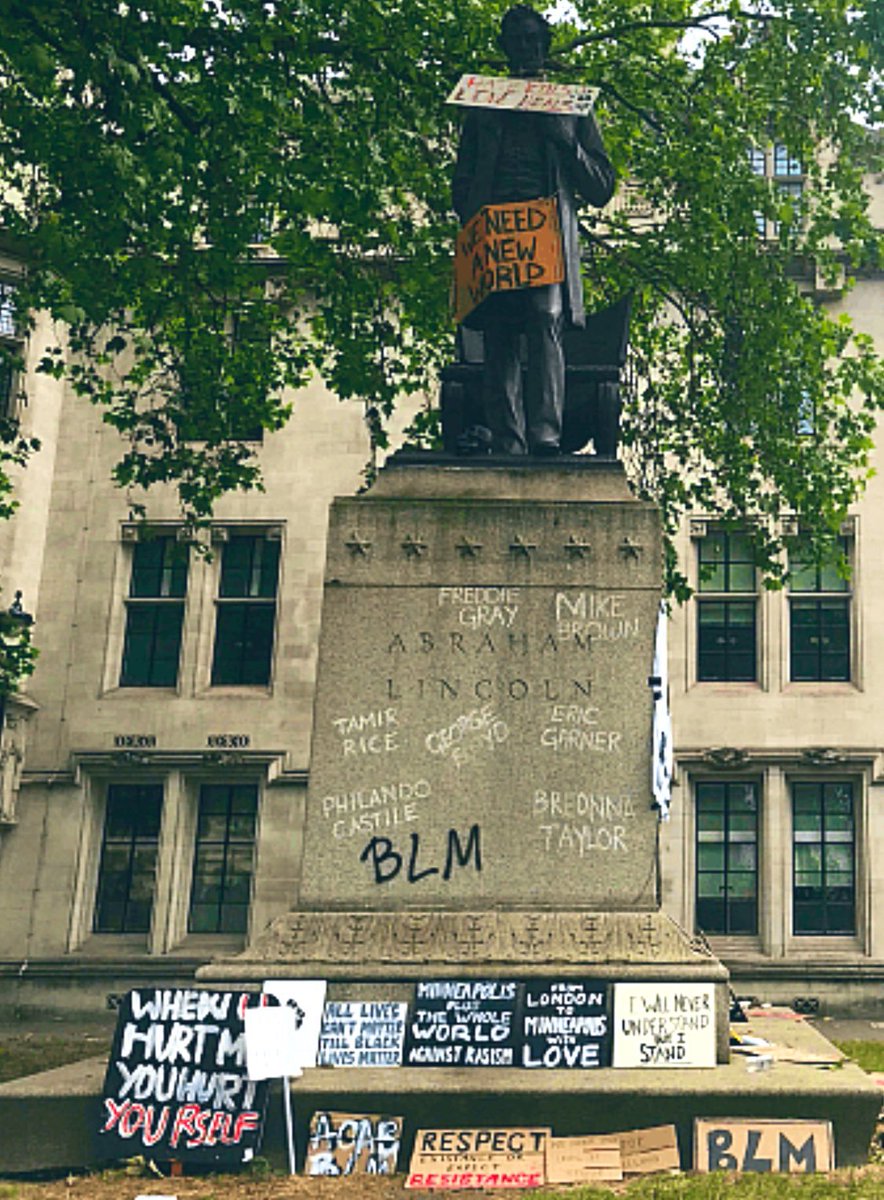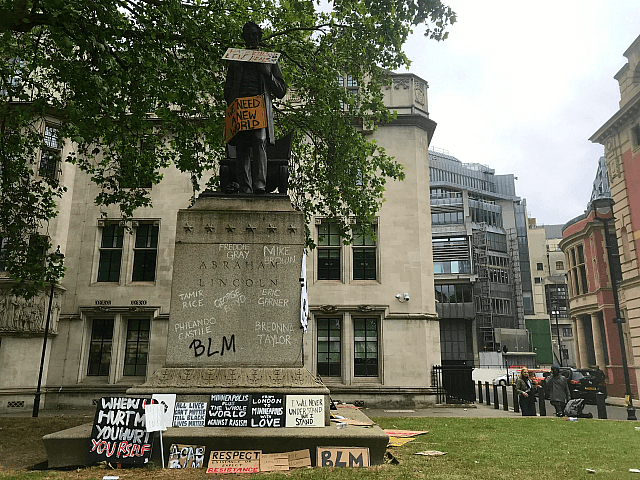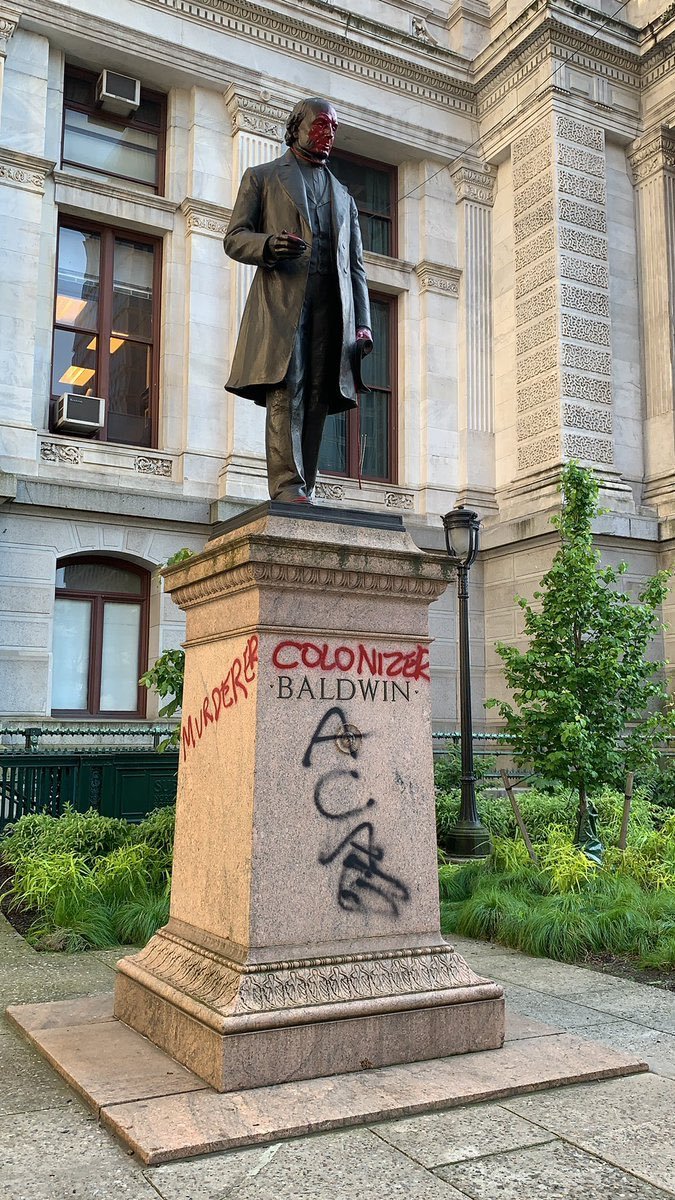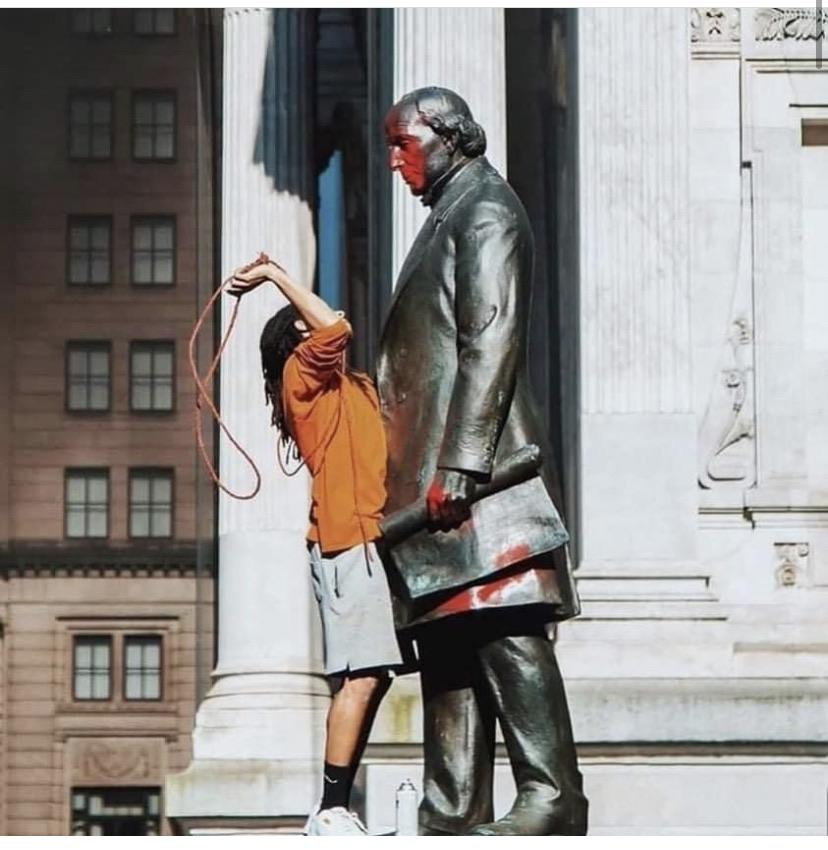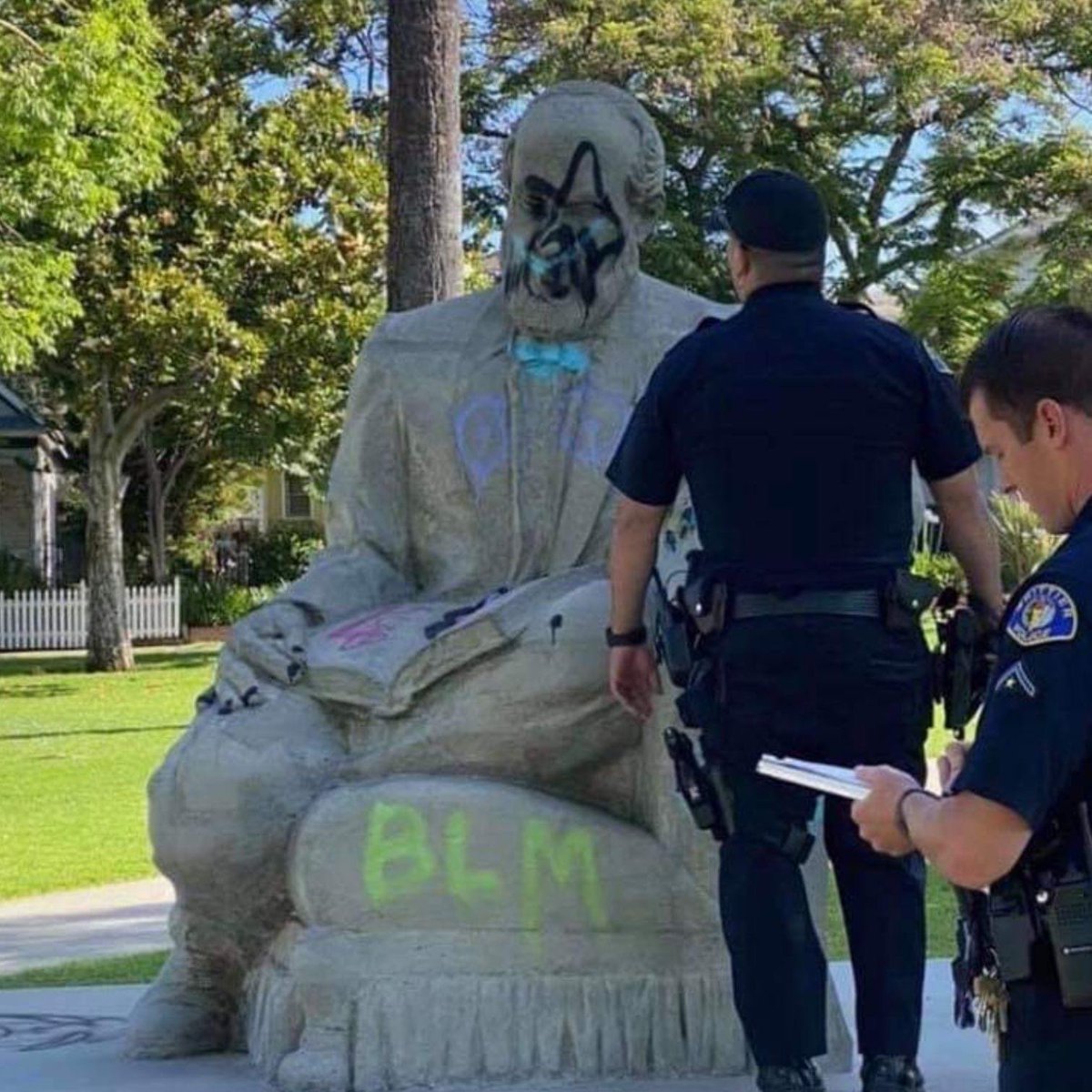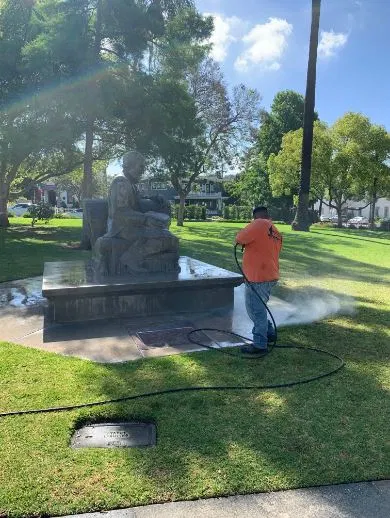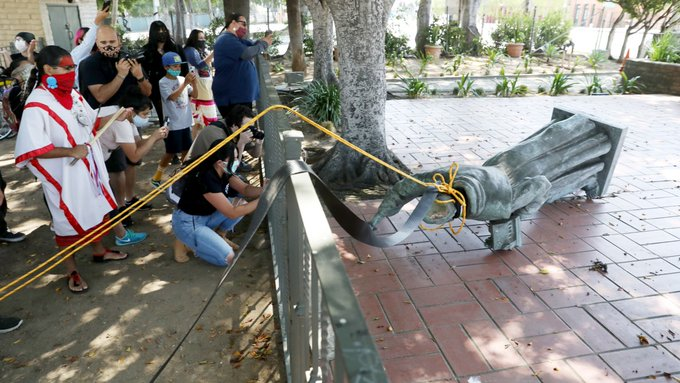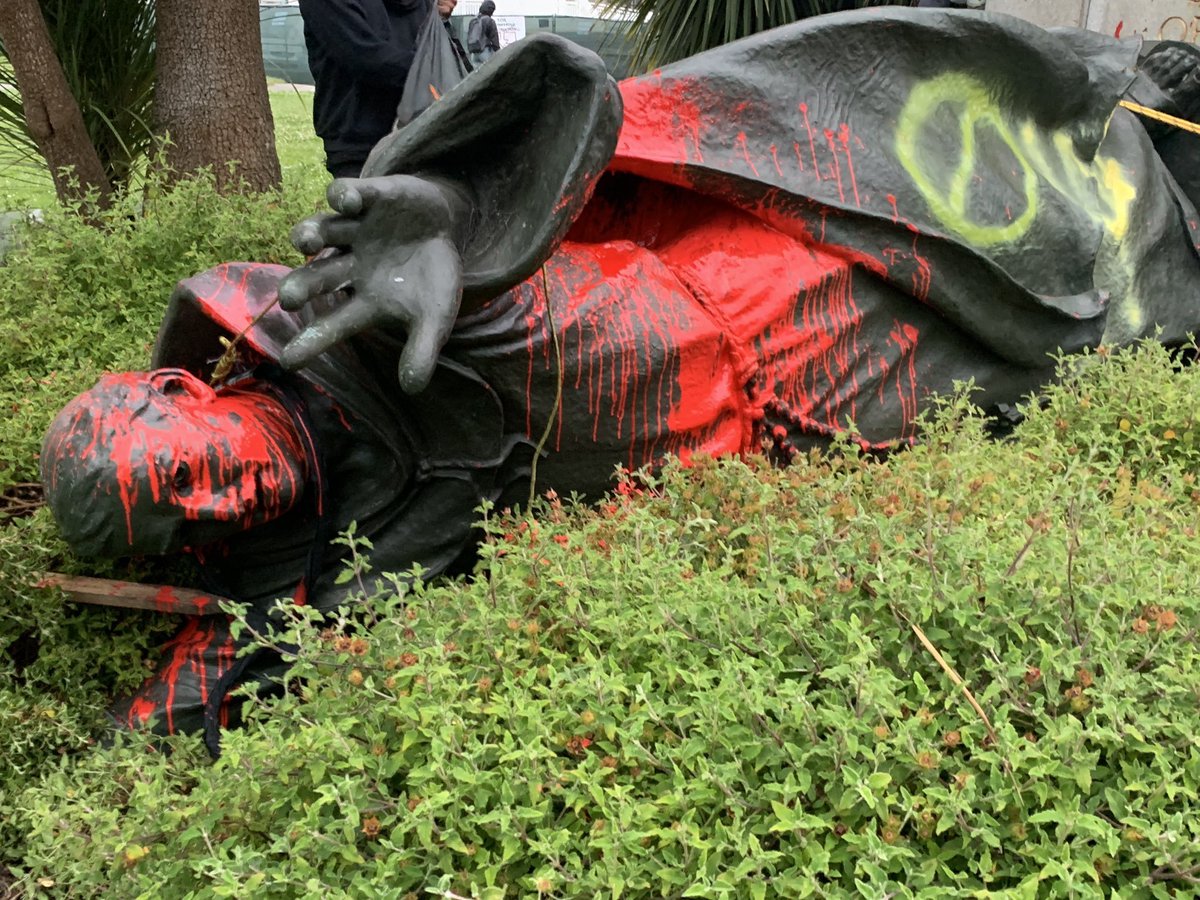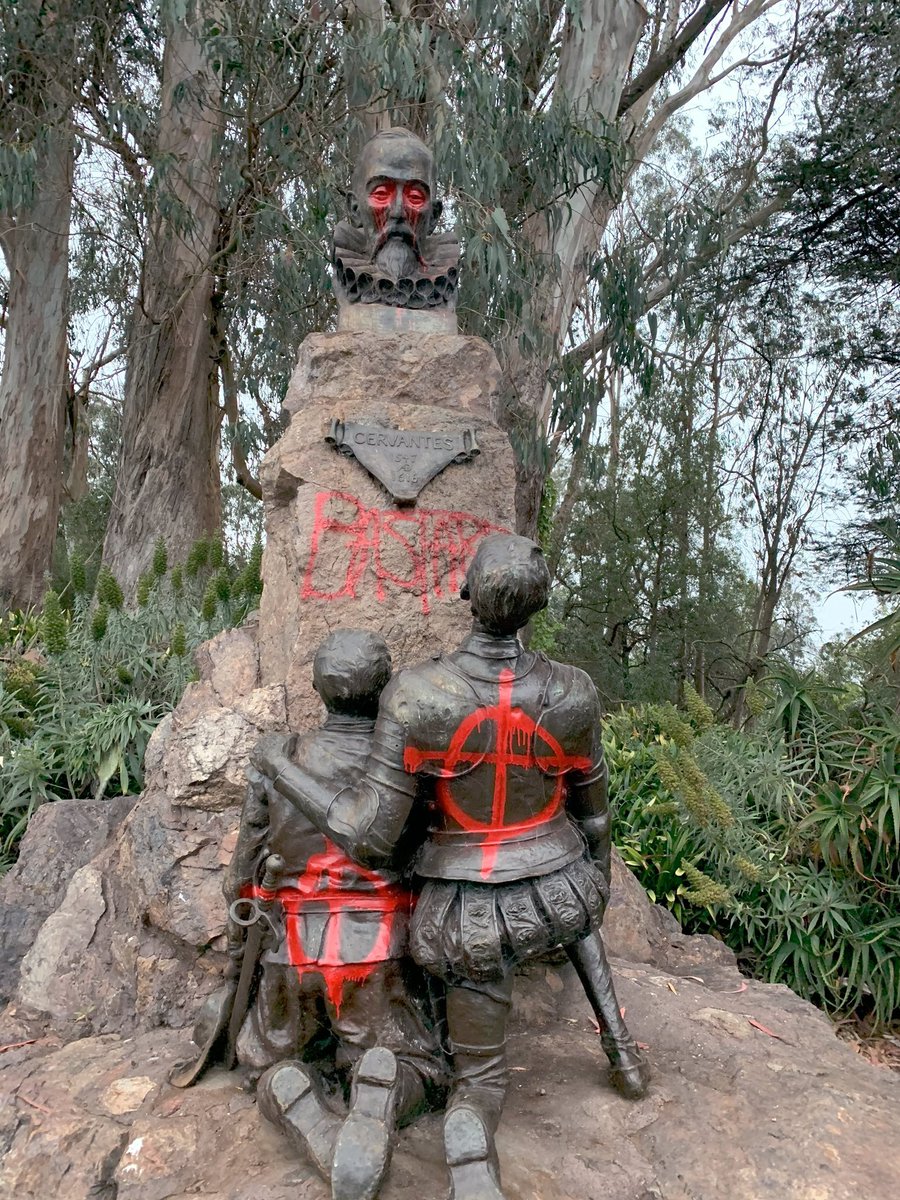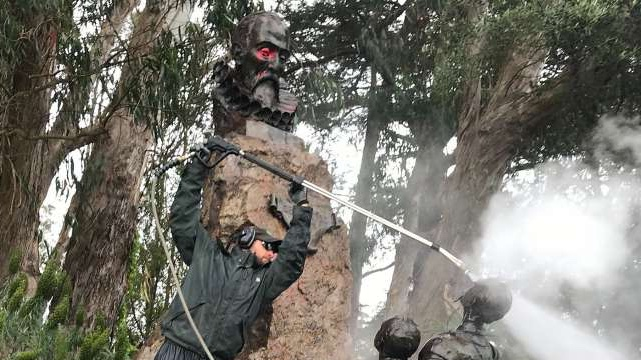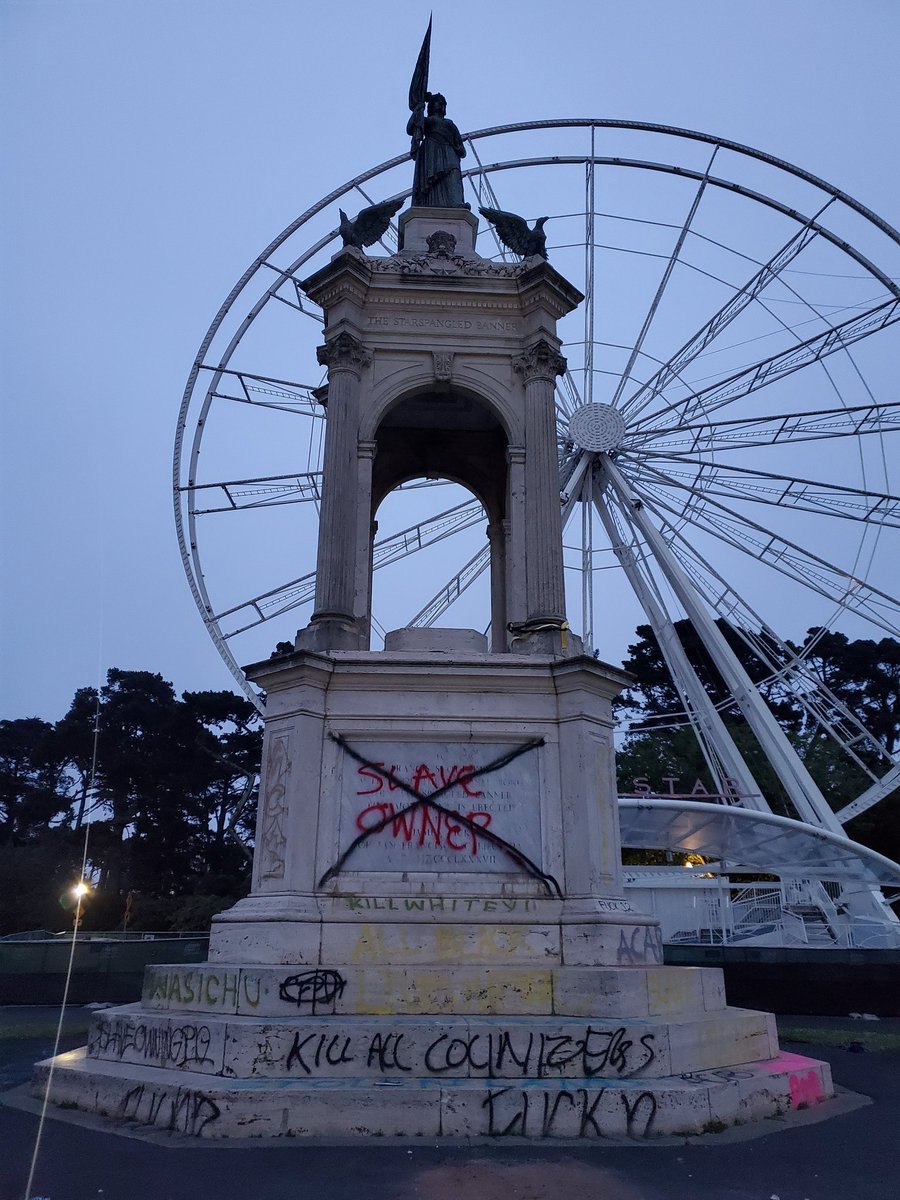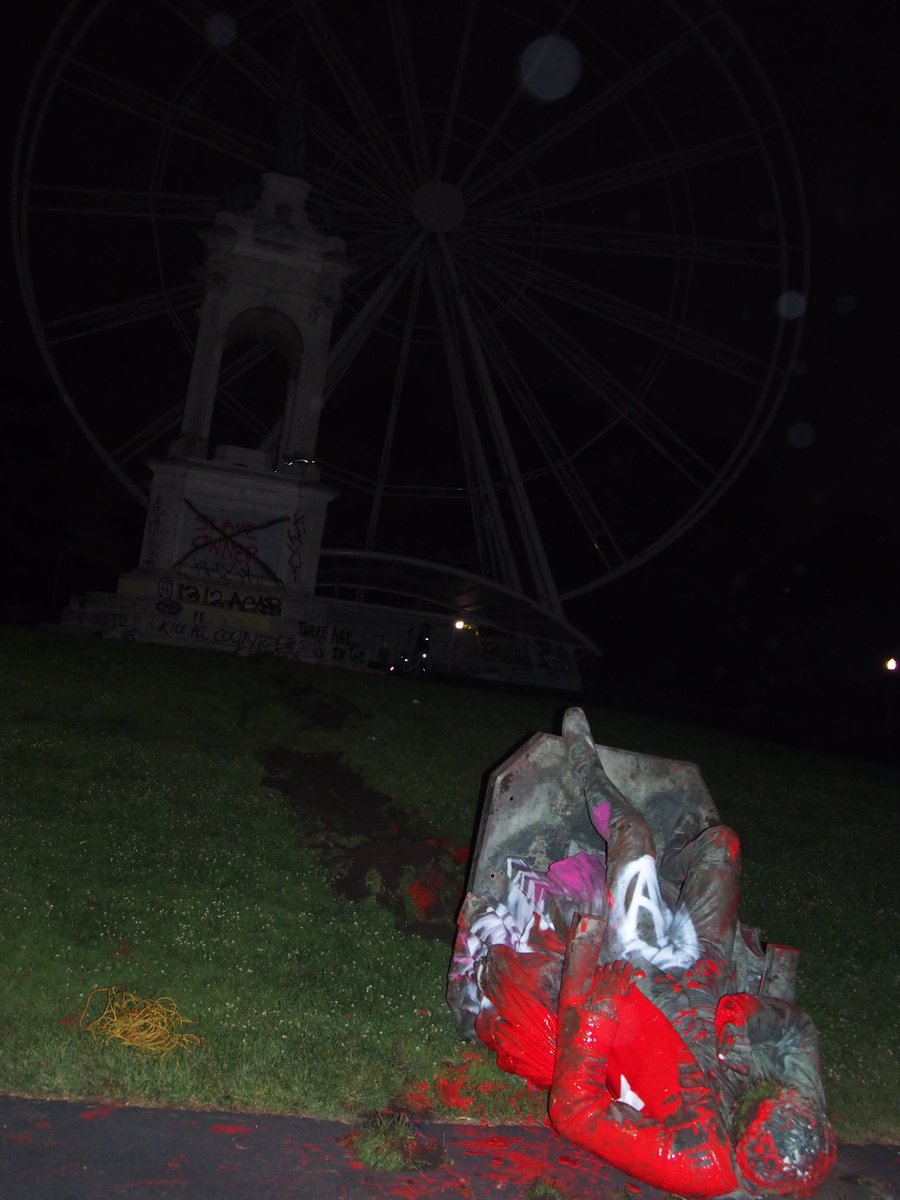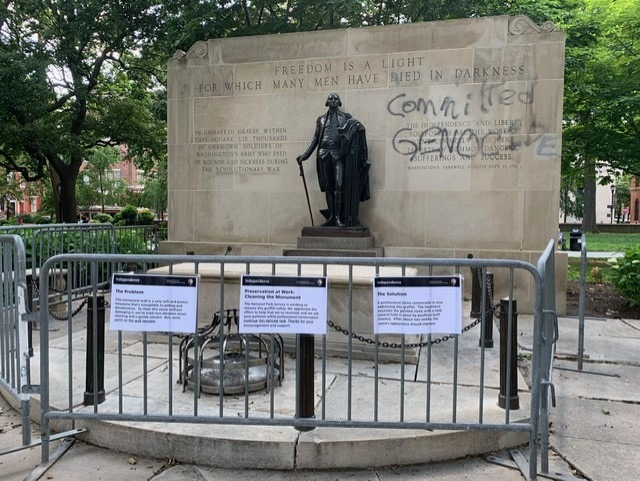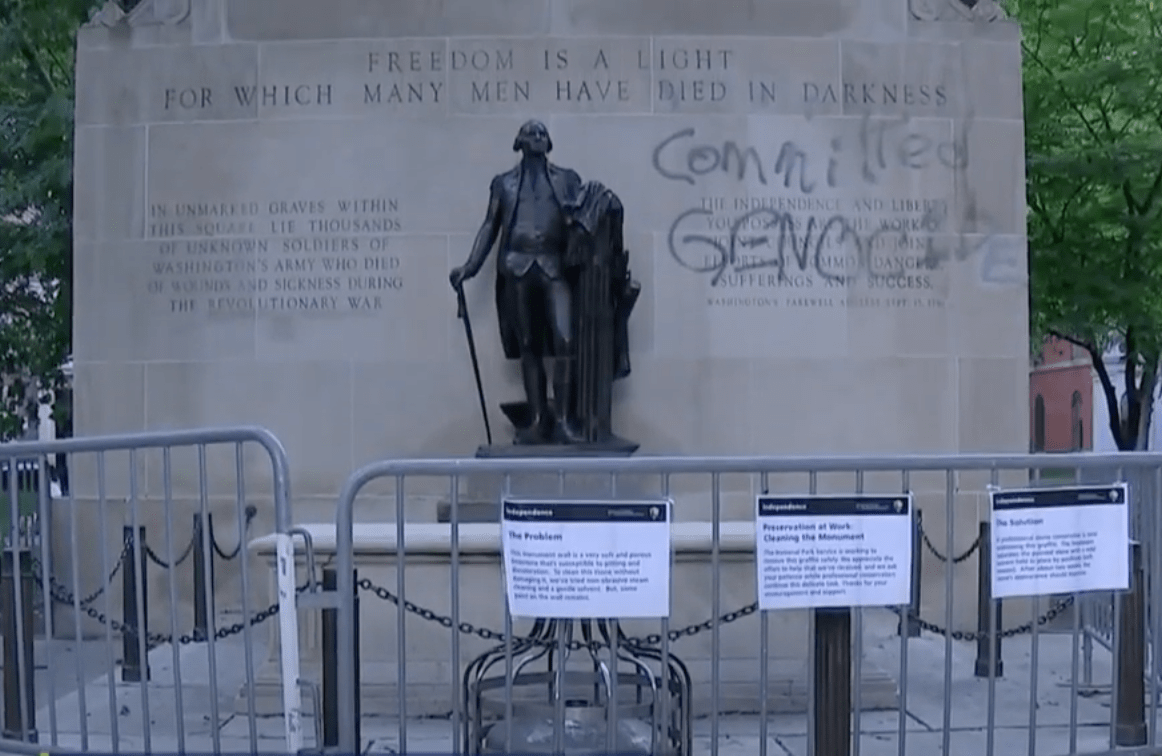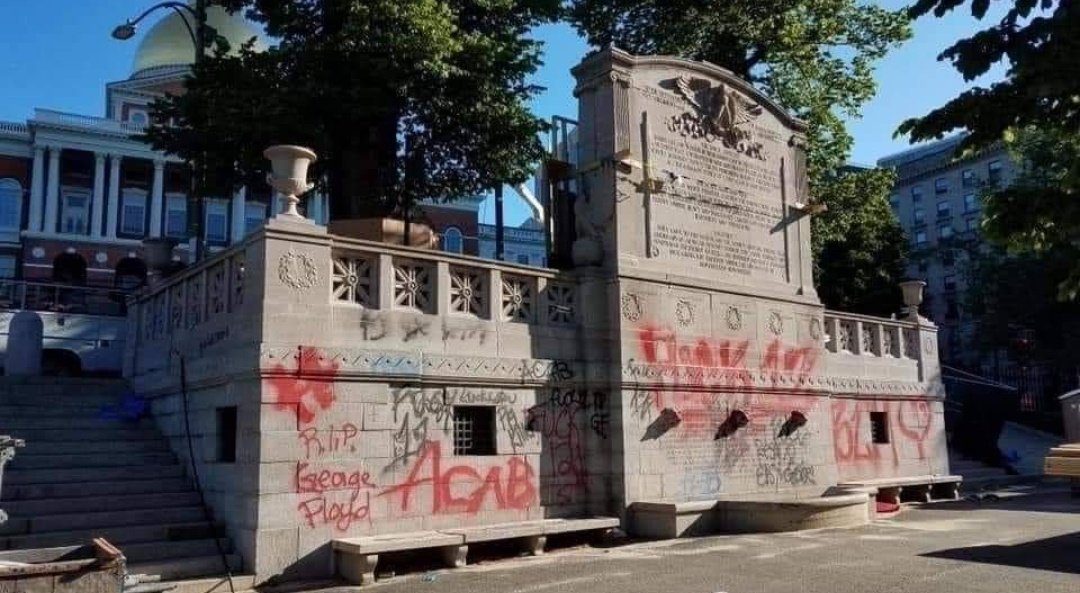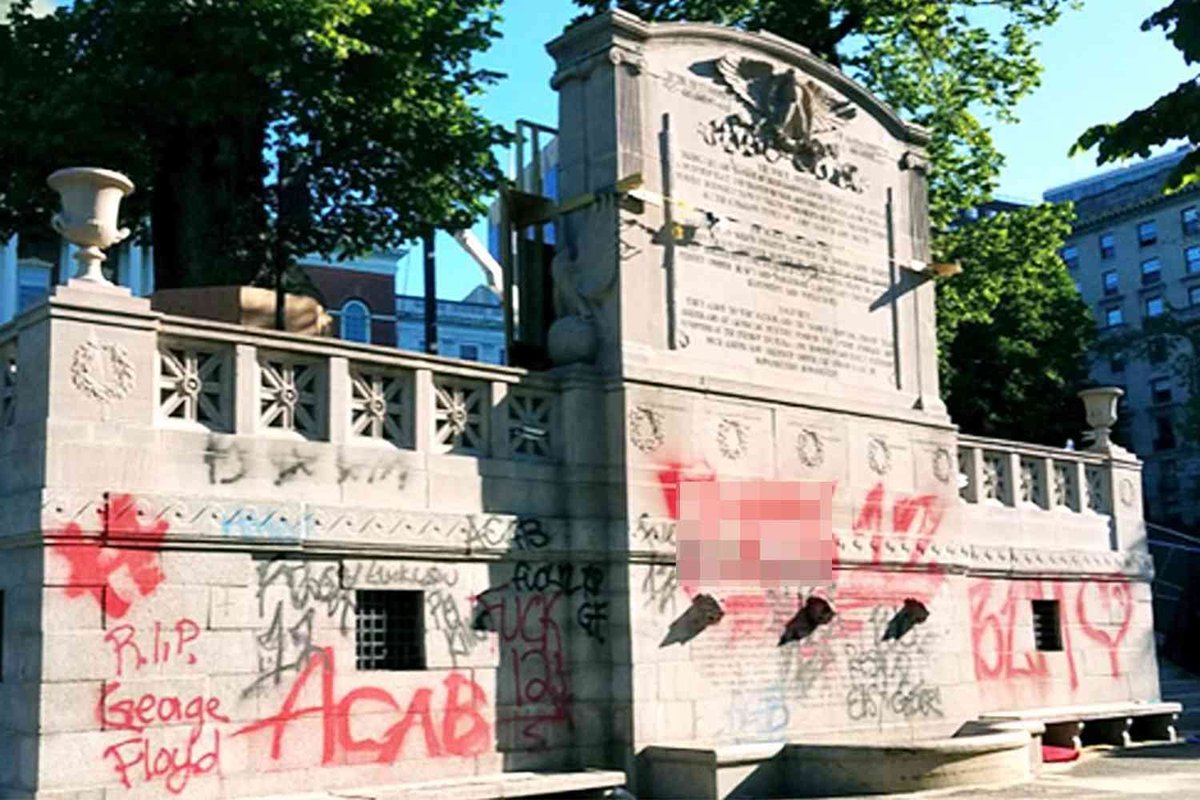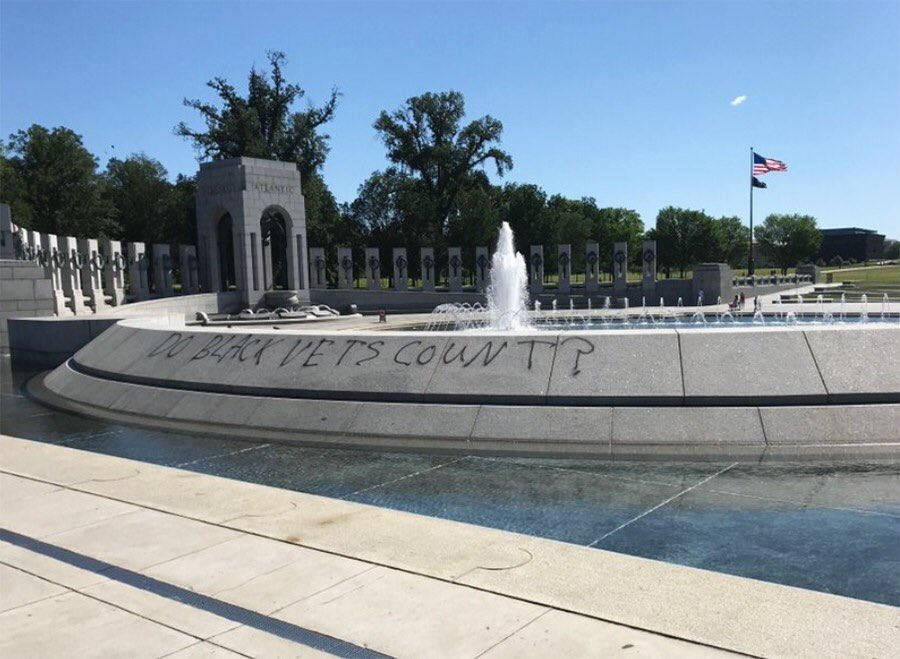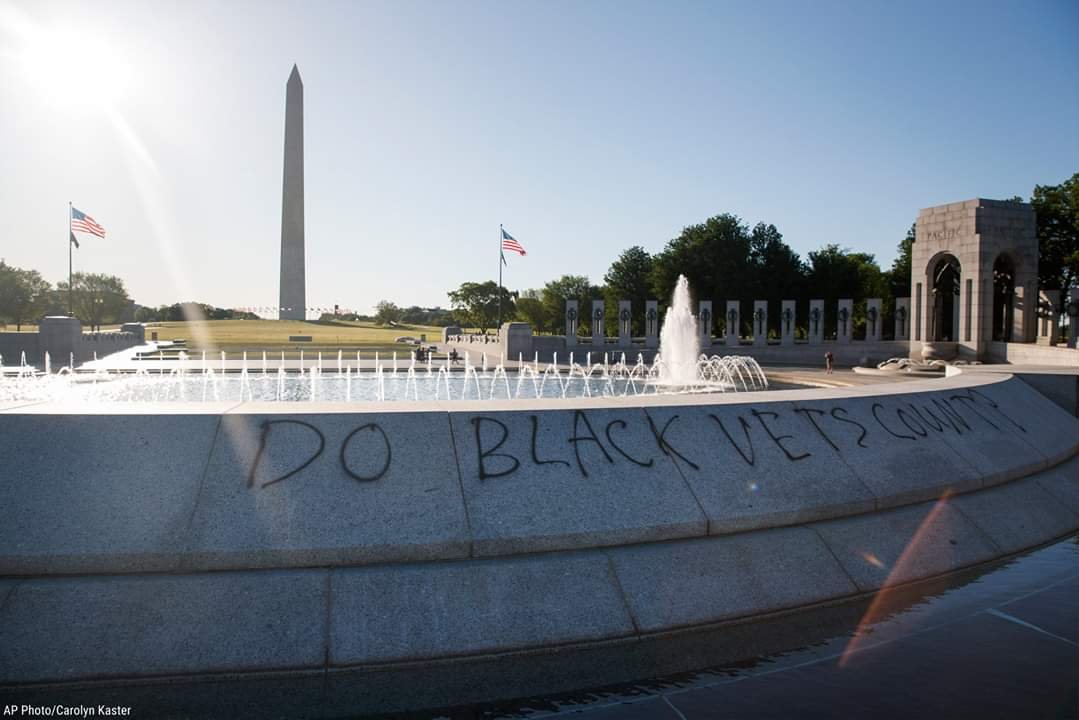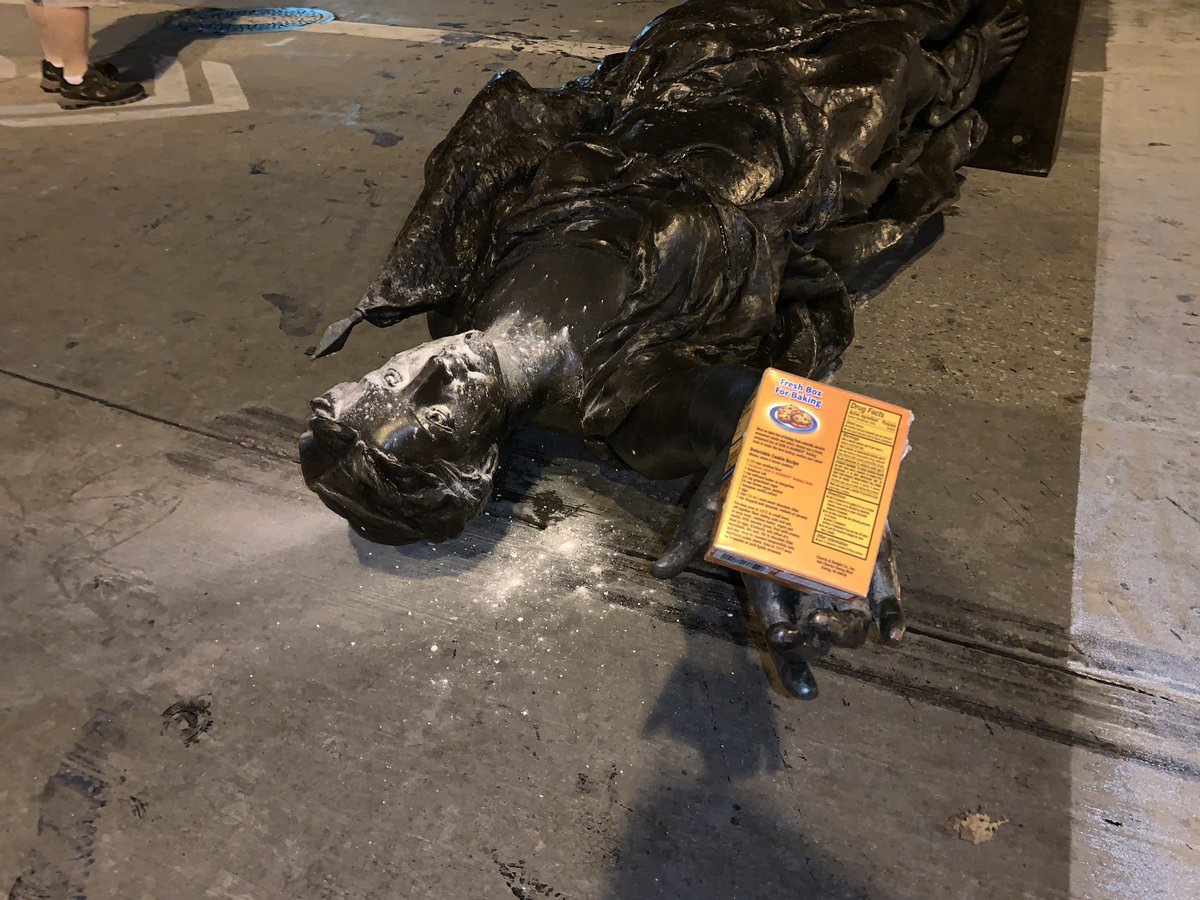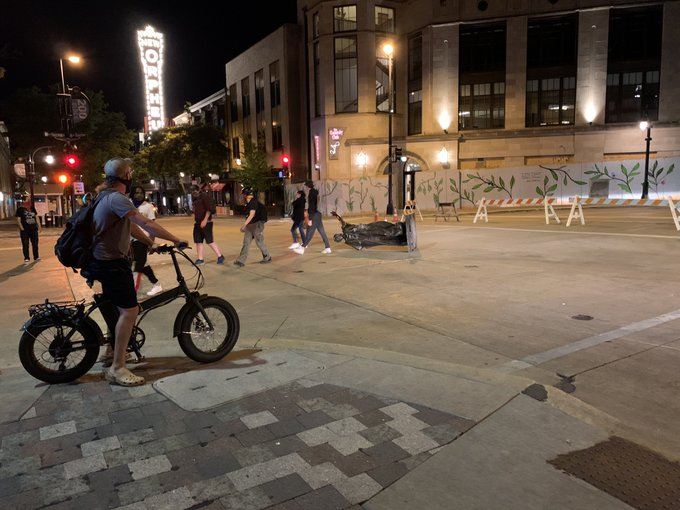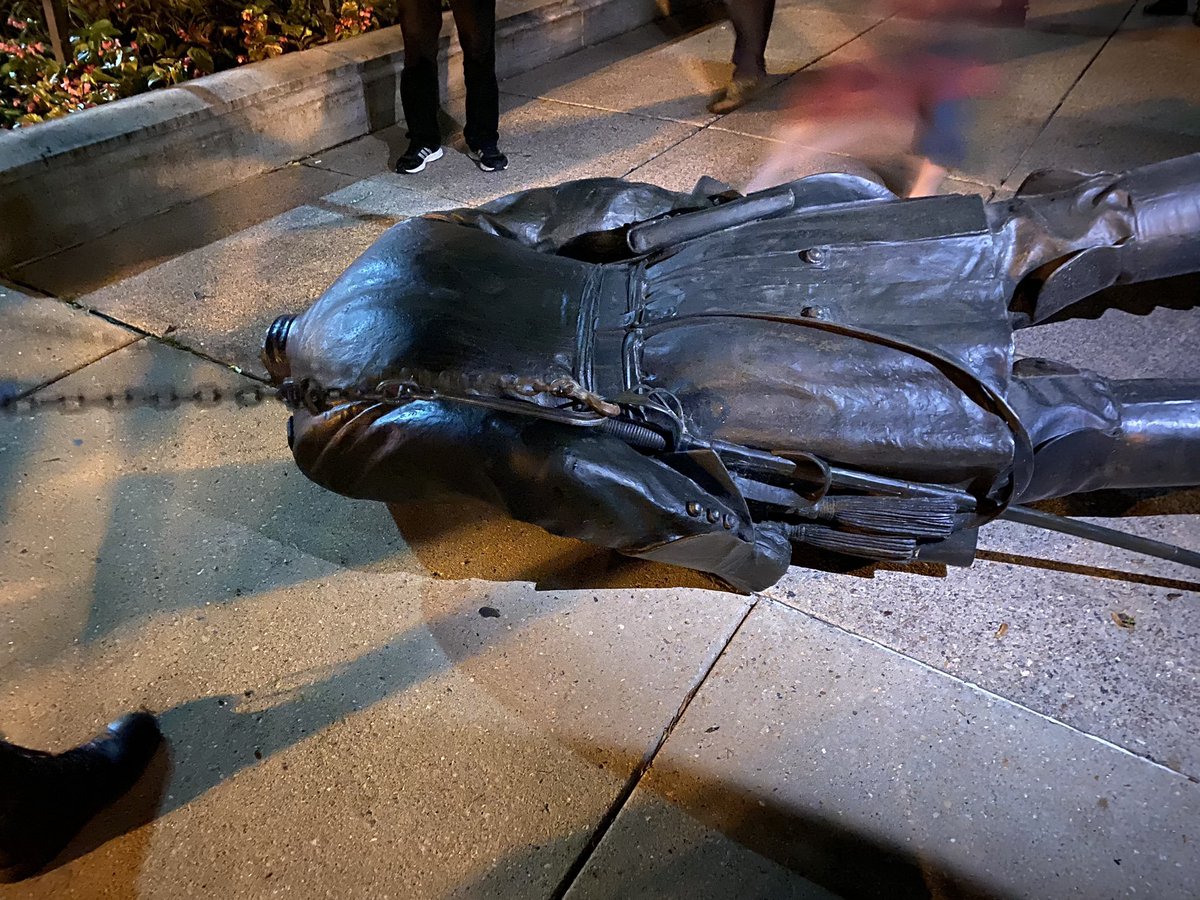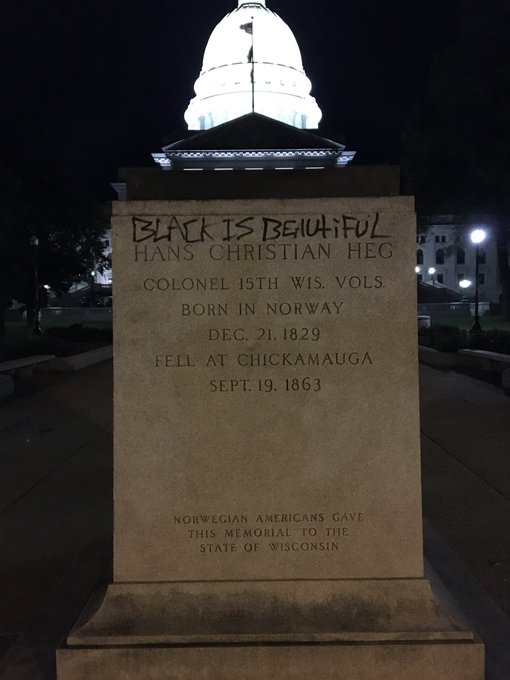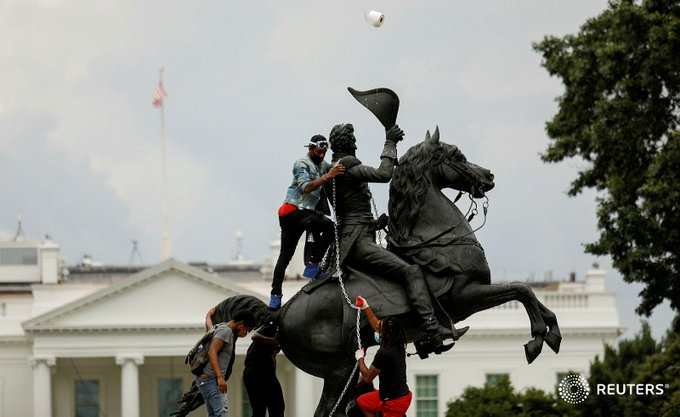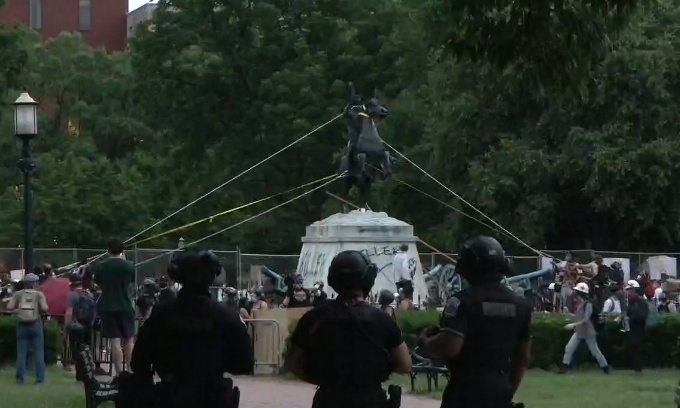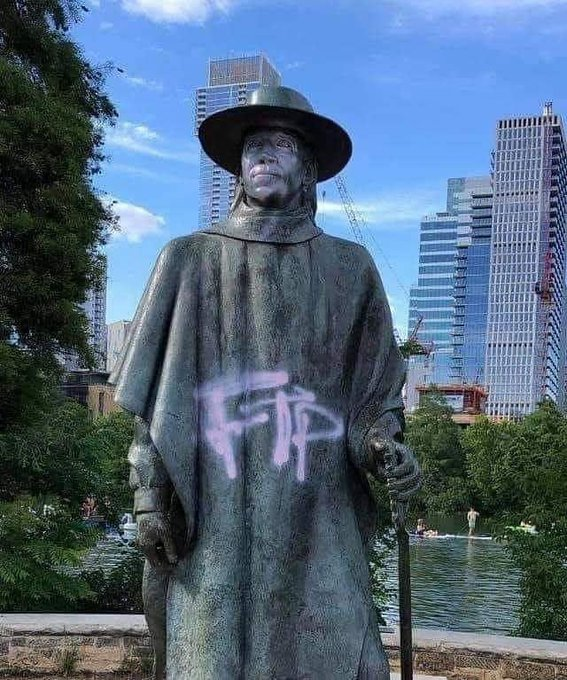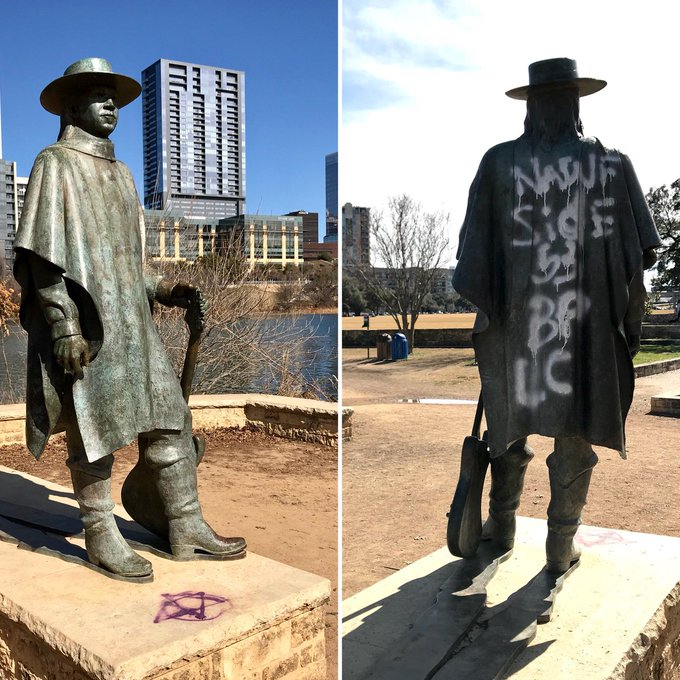Ulysses S. Grant, Commanding General of the Union Army that fought and defeated the Confederacy. 18th President of the United States of America. Created the Department of Justice, and prosecuted the Ku Klux Klan.
George Washington, Commander-in-Chief of the Continental Army. President of the Constitutional Convention which established the U.S. Constitution. 1st President of the United States of America.
Abraham Lincoln, 16th President of the United States of America. President who took America to war to fight against slavery. Abolished slavery in America. Enacted the Emancipation Proclamation which freed American slaves.
Matthias Baldwin, Philadelphia abolitionist. Argued for the right of African Americans to vote in Pennsylvania during the state’s 1837 Constitutional Convention. Helped establish a school for African American children where he paid teachers’ salaries for years.
John Greenleaf Whittier, poet and leading anti-slavery activist. Delegate to the first meeting of the American Anti-Slavery Convention. Wrote anti-slavery literature calling for immediate and unconditional emancipation of enslaved people. Helped establish the Liberty Party.
Junipero Serra, Roman Catholic Spanish priest and friar of the Franciscan Order who founded a number of missions in California. Beatified by Pope John Paul II in 1988.
Miguel de Cervantes, widely regarded as the greatest writer in the Spanish language, and one of the world's pre-eminent novelists. Best known for Don Quixote, a classic of Western Literature and considered the first modern novel. Captured and enslaved by Ottoman pirates.
Francis Scott Key, American lawyer and author who wrote the lyrics for the The Star-Spangled Banner, America's national anthem. Publicly criticized slavery and gave free legal representation to some slaves seeking freedom.
Tomb of the Unknown Soldier of the Revolution, honoring an unidentified soldier of the American Revolutionary War. Located in the churchyard Burial Ground of the Old Presbyterian Meeting House, a congregation that dates from 1772.
54th Massachusetts Regiment memorial, second African-American regiment organized for the Union during the Civil War. Suffered heavy losses fighting the Confederate Army at Fort Wagner. Frederick Douglass, whose two sons were among the first to enlist, actively recruited for it.
WWII War Memorial, dedicated to Americans who served in the armed forces and as civilians during World War II. World War II Memorial Act was signed into law by President Bill Clinton in 1993. Opened to the public on April 29, 2004.
The Forward statue in Madison, WI, created by sculptor Jean Pond Miner for the 1893 Columbian Exposition in Chicago after receiving a commission to create art representative of her native state. Forward is an allegory of the devotion and progress she believed her state embodied.
Hans Christian Heg, a Norwegian American abolitionist and Union colonel who led his troops against the Confederacy at the Battle of Chickamauga in 1863. Heg was shot through the bowels in that battle and died the next day.
Andrew Jackson, 7th President of the United States. Served as a general in the United States Army and as a statesman in both houses of the U.S. Congress. As president, Jackson sought to advance the rights of the common man against a corrupt aristocracy.

 Read on Twitter
Read on Twitter